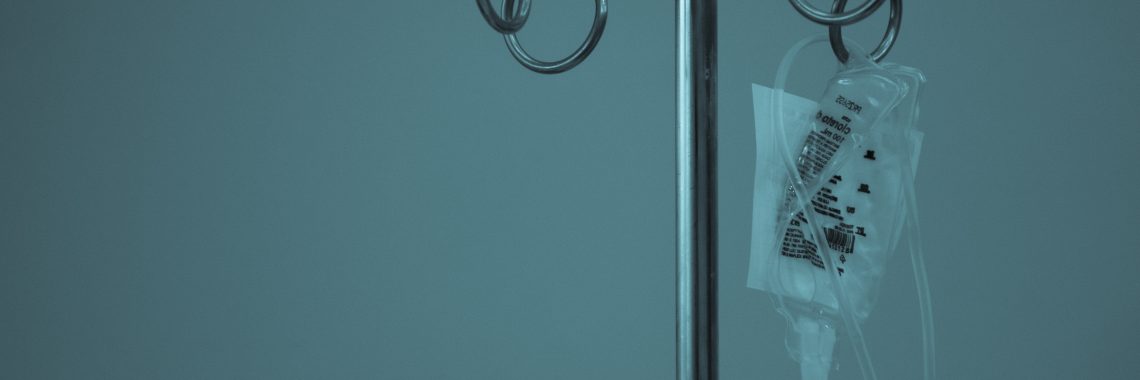If it is true, as Richard Weaver famously put it, that “ideas have consequences,” it is also true that bad ideas have victims. On no other contemporary issue today is the connection between a bad idea and its victims clearer than assisted suicide. In no other nation today are the bad ideas and their victims more aggressively embraced than in Canada.
In a lengthy and powerful essay at The Atlantic this month, David Brooks exposed just how monstrous Canada’s so-called “medical aid in dying” regime has become since it was enacted in 2016. Originally, Canada only permitted the request for medical aid in dying to those with serious illness, in advanced or irreversible decline, unbearable physical or mental suffering, or whose death was “reasonably foreseeable.” The criteria are vague enough. Since the law went into effect, however, the number of Canadians killed annually has gone from 1,000 to over 10,000. In 2021, one in thirty Canadian deaths was by assisted suicide, and only 4% of those who applied to die were turned down.
Were all these people terminally ill or suffering from serious and irreversible conditions? Hardly. In fact, Brooks tells the story of a man whose only physical condition was hearing loss yet who was “put to death” over the objections of his family. Another patient had fibromyalgia and leukemia yet wrote that “the suffering I experience is mental suffering, not physical. I think if more people cared about me, I might be able to handle the suffering caused by my physical illnesses alone.” One otherwise healthy 37-year-old who suffers from schizoaffective disorder and is unemployed said, “logistically, I really don’t have a future. … I’m not going anywhere.” As of Brooks’ writing, that man was awaiting approval for assisted suicide.
Simply put, Canadians who need help are instead being helped to kill themselves because they’re depressed, lonely, or mentally ill. And the slope keeps getting slipperier. Brooks described patients who have been pressured by doctors and hospital staff into killing themselves to avoid medical bills. Earlier this year, the Canadian Parliament’s Special Committee on Medical Assistance in Death recommended extending the program to “mature minors” as young as twelve.
Brooks observed, this is what happens “when a society takes individualism to its logical conclusion.” The core question “is no longer, ‘Should the state help those who are suffering at the end of life die?’” It is now whether any degree of suffering is worth living with. He concludes, “The lines between assisted suicide for medical reasons … and straight-up suicide are blurring.”
Brooks clearly identified the bad idea behind these victims: what he calls “autonomy-based liberalism.” In its place, he proposed something called “gifts-based liberalism,” which acknowledges that each of us is a “receiver of gifts … including the gift of life itself.” That life, Brooks insists, is “sacred” because each of us is endowed with “dignity,” and society has a duty to say, “No, suicide is out of bounds. … You don’t have the right to make a choice you will never be able to revisit. … We are responsible for one another.” At least, that is, in most cases, according to Brooks.
He is so close to getting this one right and articulating the sanctity of life in the way Christianity does. That’s why it’s frustrating that Brooks seems to think it’s possible to climb back up the slippery slope and re-establish assisted suicide only for “extreme” cases. He writes, “I don’t have great moral qualms about assisted suicide for people who are suffering intensely in the face of imminent death.”
But, David, the moment you begin setting criteria for when a life is no longer worth living, no longer sacred, and a person no longer deserving of love instead of lethal injection, you let the bad idea that led to all those victims right back in the cultural door! For all his admirable reporting on how bad it has gotten in Canada, Brooks never gets around to answering his core question: Why did Canada’s “medical aid in dying” law–which supposedly limited victims to only those he agrees should have the right to die–become government-sponsored mass suicide in just seven years?
The answer is simple: because the value of human life is not based on any extrinsic quality. Period. It’s instead based on the fact that humans are made in God’s image. We belong to Him, not to ourselves. This is ultimately why the slope from accepting some suicides to all suicides is so slippery. It’s also why “gifts-based liberalism,” until it acknowledges the one who gave us life, will never be able to keep its footing or help those intent on throwing away the very gift.
This Breakpoint was co-authored by Shane Morris. For more resources to live like a Christian in this cultural moment, go to breakpoint.org.
Copyright 2023 by the Colson Center for Christian Worldview. Reprinted from BreakPoint.org with permission.
READ MORE


